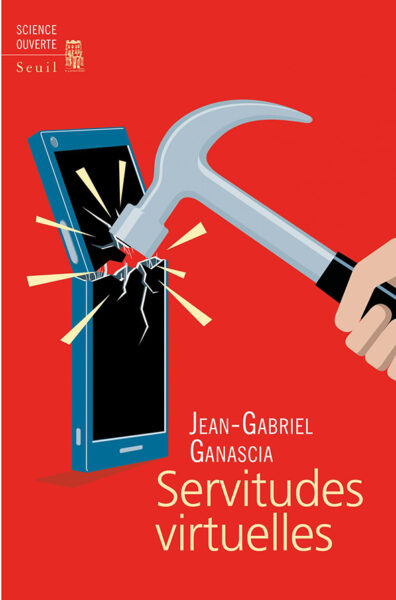In 2013 the French Research Institute for Occupational Safety (INRS) carried out a foresight study on physical assistance robots with 2013 as its time-horizon. Futuribles took part in this study, the conclusions of which were published in late 2013. Charles Fattal, who took part in that exercise, assesses the state of play in the field of personal assistance robotics and the prospects for its future development if a certain number of obstacles can be overcome.
After detailing the specific context favourable to the development of this robotics, especially in Europe (ageing, dependency, the silver economy etc.), Fattal notes the various obstacles that still stand in the way of personal assistance robots. These include a low level of familiarity with the available products, false beliefs, the absence of an ecosystem, socio-cultural resistance, ethical aspects, cost etc. He then outlines the technological resources currently available, drawing particularly on the equipment provided by CENRob (the French robotics centre) in terms of robotic manipulation (robotic arms, single-task robots), social commitment robots (companion robots, remote monitoring), mobility assistance and domestic service robots. In conclusion, he proposes three possible future scenarios for this robotics sector, which variously depend on whether the obstacles he identifies are overcome.



